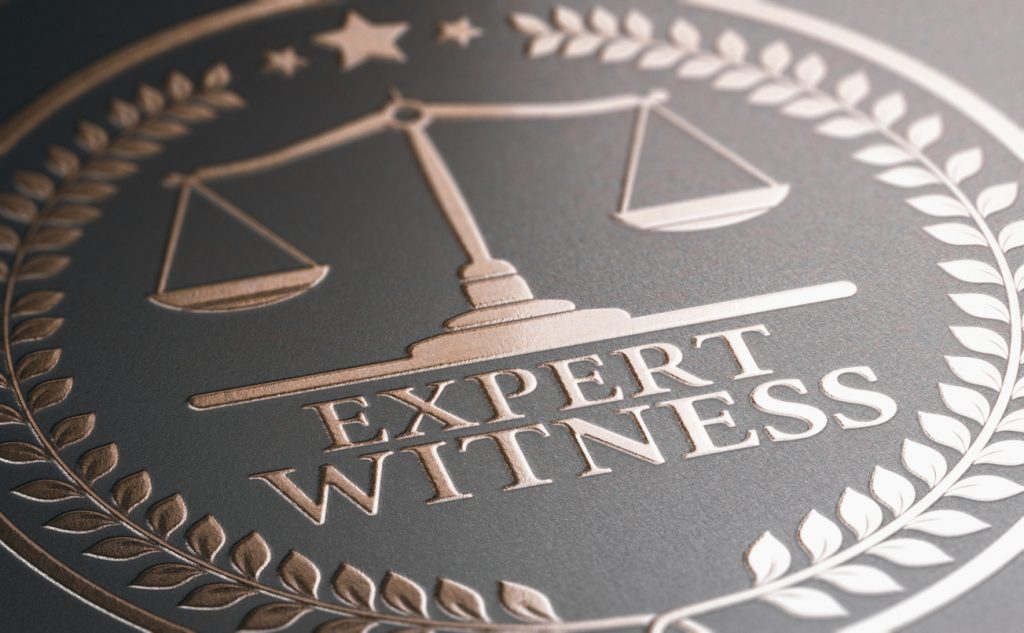In today's digital age, criminal and civil investigations increasingly rely on technical evidence. Computer forensic expert witnesses play a crucial role in analyzing data from electronic devices, recovering deleted files, and presenting findings in court. Their expertise helps bridge the gap between complex technological information and legal standards, providing clarity for judges and juries.
These professionals are instrumental in various legal cases, from cybersecurity breaches to intellectual property disputes. Their ability to methodically investigate and validate digital evidence can significantly influence case outcomes.
Expertise and Role of Computer Forensic Experts
Computer forensic experts possess specialized skills and knowledge that are critical in legal cases. Their expertise encompasses various qualifications, tools, techniques, and methodologies to extract and analyze digital evidence.
Qualifications and Certifications
Computer forensic experts typically hold degrees in computer science, information technology, or related fields. Many have additional certifications, such as Certified Computer Examiner (CCE), Certified Information Systems Security Professional (CISSP), or EnCase Certified Examiner (EnCE).
These credentials validate their proficiency in forensic methodologies and legal processes. They often undergo continual training to stay updated with the latest technologies and legal standards. Personal injury attorneys in Beverly Hills may rely on these experts for thorough investigations, ensuring that the evidence meets court standards.
Tools and Techniques Used
Computer forensic experts employ various tools to gather and analyze data. Common software includes EnCase, FTK, and X1 Social Discovery, each designed for specific forensic tasks.
Techniques such as data carving, memory analysis, and network traffic analysis allow experts to uncover deleted or hidden data. They must follow strict protocols to ensure the integrity of the evidence. The tools used are legally defensible, ensuring personal injury lawyers can rely on their findings in court.
The Forensic Investigation Process
The forensic investigation process starts with identification, where the expert determines what type of data or device is relevant. This is followed by the acquisition phase, where data is copied without altering the original.
Analysis of the data involves examining files, emails, and logs to find relevant information for the case. Lastly, reporting includes documenting findings in a way that is understandable for legal teams and courts. Each step is crucial, especially when personal injury cases hinge on digital evidence.
Reconstructing Digital Information
Reconstructing digital information is a vital function of computer forensic experts. They analyze fragmented data to piece together events leading to an incident.
By using specialized tools and logical analysis, they can recover deleted files, reconstruct timelines, and reveal user actions. This information can significantly impact personal injury cases by establishing liability or negligence. Accurate reconstruction helps build a compelling narrative for attorneys, especially those working in high-stakes environments like Beverly Hills.
Legal Interactions and Courtroom Dynamics
In legal proceedings, computer forensic expert witnesses play a crucial role in presenting digital evidence and clarifying technical aspects for the court. Their effectiveness relies on their ability to navigate courtroom dynamics and engage with the legal system.
Presenting Evidence in Court
Expert witnesses must present digital evidence clearly and understandably. They often use visual aids, such as charts and graphs, to illustrate their findings effectively. This helps jurors grasp complex information quickly.
Forensic evidence is typically organized chronologically to reflect its relevance to the case. This method allows the court to follow the evidence trail easily. Expert witnesses must also be prepared to explain technical terminology in layman's terms to ensure comprehension.
Expert Testimony Considerations
When providing testimony, the credibility of the computer forensic expert is essential. They should possess relevant certifications and experience to establish authority. Courts often look for experts recognized in their field.
Moreover, they must anticipate potential questions from the opposing counsel. Preparation involves rehearsing responses and addressing potential weaknesses in their findings. This can significantly impact how the jury perceives the expert's reliability.
Cross-Examination Strategies
Cross-examination is a critical aspect of courtroom dynamics. Opposing counsel will challenge the expert’s findings to undermine their credibility. Thus, the expert needs to maintain composure and confidence during questioning.
Strategies include addressing each question directly without becoming defensive. Experts should also clarify misconceptions without oversharing. This approach helps to reinforce their expertise while navigating potentially difficult interactions.
Studies and Precedents
Examining studies highlights the impact of computer forensic experts in legal outcomes. For instance, in cases reminiscent of those involving Beverly Hills car accident lawyers, digital evidence can determine liability by analyzing accident reconstruction footage.
Precedents establish how courts have previously treated digital evidence. Understanding these cases can guide experts in presenting evidence relevant to current proceedings. Familiarity with landmark cases solidifies the expert's understanding of legal expectations.





















